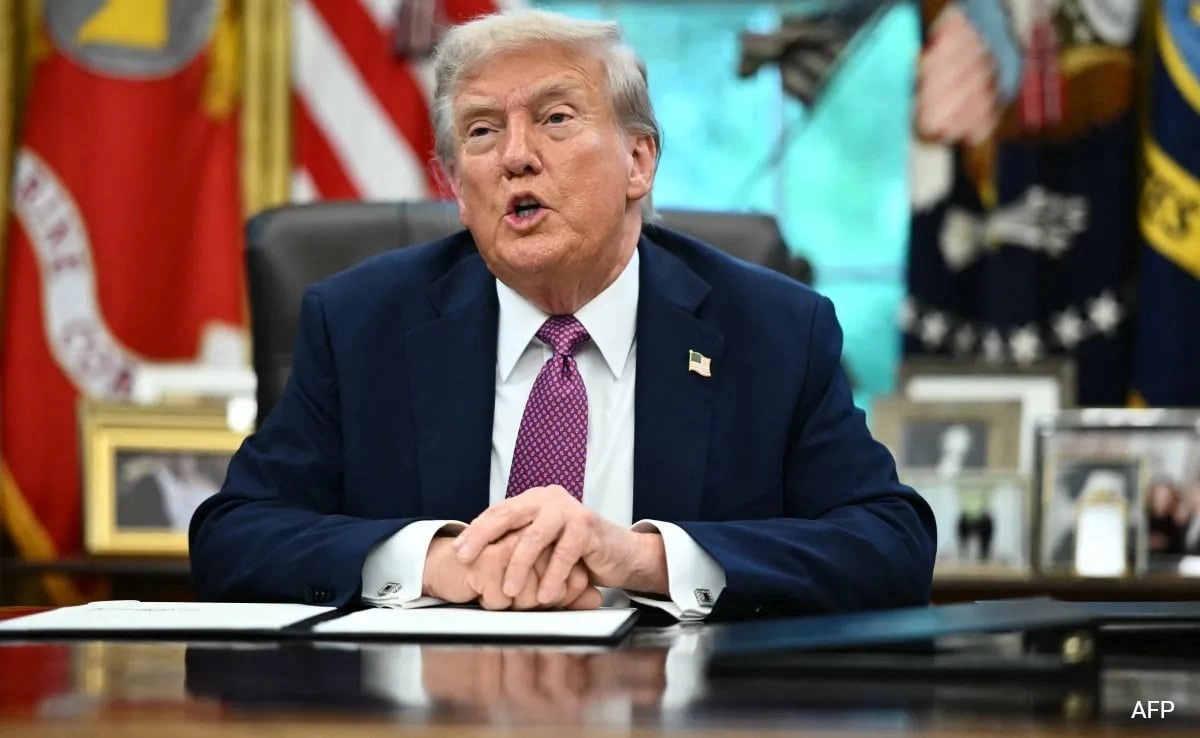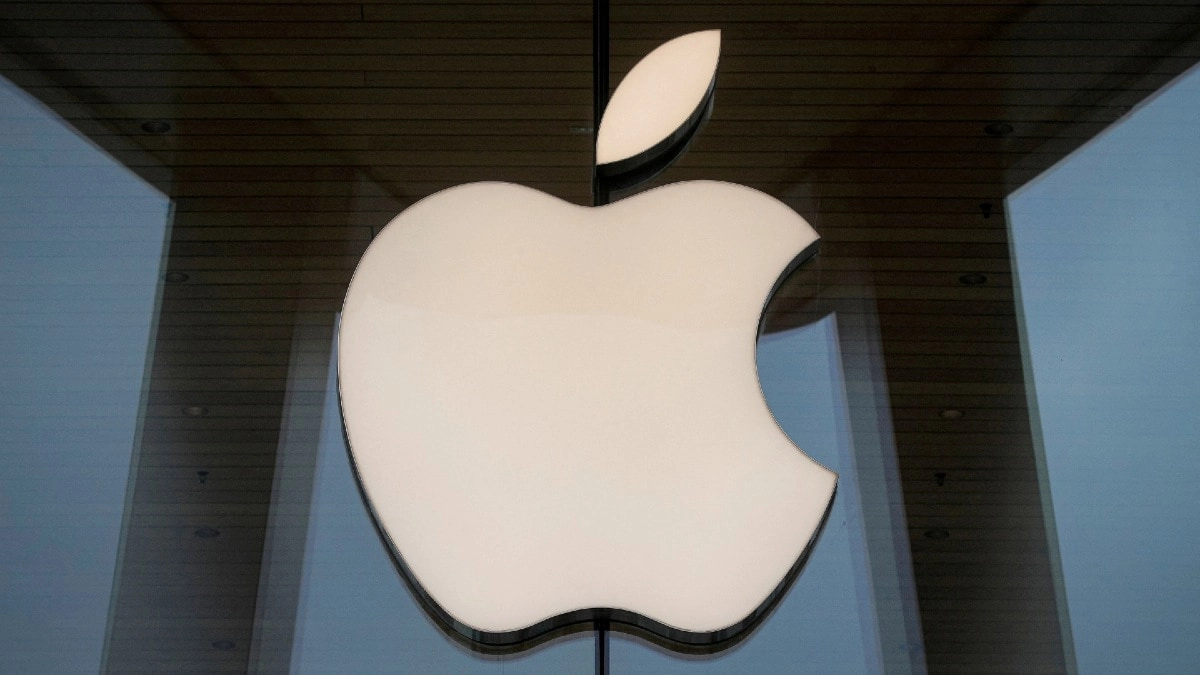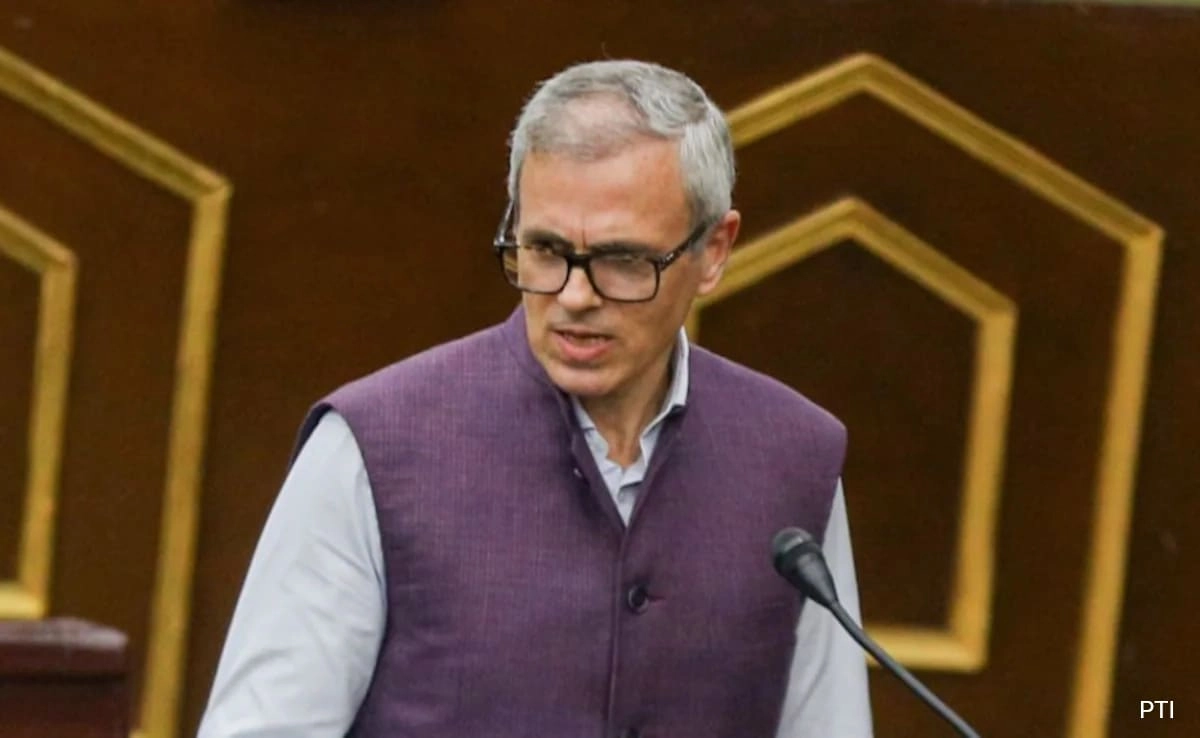During a recent engagement, former President Donald Trump was asked whether he is prepared to reset relations with India, a question that carries significant weight given the strategic partnership between the two nations. Trump’s response was layered, illustrating his understanding of the geopolitical landscape and the importance of India in U.S. foreign policy. He emphasized the strong ties that have developed between the U.S. and India during his administration, highlighting initiatives that fostered collaboration in various sectors, including trade, defense, and technology. Trump’s acknowledgment of the strong relationship serves as a reminder of the ongoing importance of international alliances in navigating complex global challenges.
Moreover, Trump’s response hinted at a broader theme of his approach to foreign relations, which often revolves around prioritizing national interests and economic benefits. He indicated a willingness to engage with India but emphasized that any reset would depend on mutual respect and favorable terms. This stance reflects his administration’s transactional approach to diplomacy—one that seeks to secure advantageous deals while fostering positive relations. The potential for a reset could open avenues for greater cooperation, especially in areas like counter-terrorism, climate change, and regional security, where both nations share common interests.
The dynamics between the U.S. and India are continuously evolving, particularly in light of shifting global power structures. As China’s influence grows, the U.S. sees India as a critical counterbalance in the Indo-Pacific region. Trump’s comments suggest an awareness of this strategic imperative, and his readiness to reset relations could signal a renewed commitment to strengthening these ties. The implications of such a reset extend beyond bilateral relations, potentially impacting regional stability and economic partnerships among other nations. As the world watches, the future of U.S.-India relations remains a pivotal element in the broader context of international diplomacy.
In conclusion, Trump’s engagement with the question of resetting relations with India reflects a nuanced understanding of the complexities inherent in international relationships. His acknowledgment of the existing ties and his approach to future interactions underscore the significance of India as a key partner for the United States. As both countries navigate the challenges of a rapidly changing world, the potential for a strengthened alliance could yield substantial benefits, not only for bilateral relations but also for global stability and cooperation. The question of readiness for a reset may be more than a simple inquiry; it is a reflection of the ongoing dialogue between nations seeking to balance power, influence, and shared objectives.




